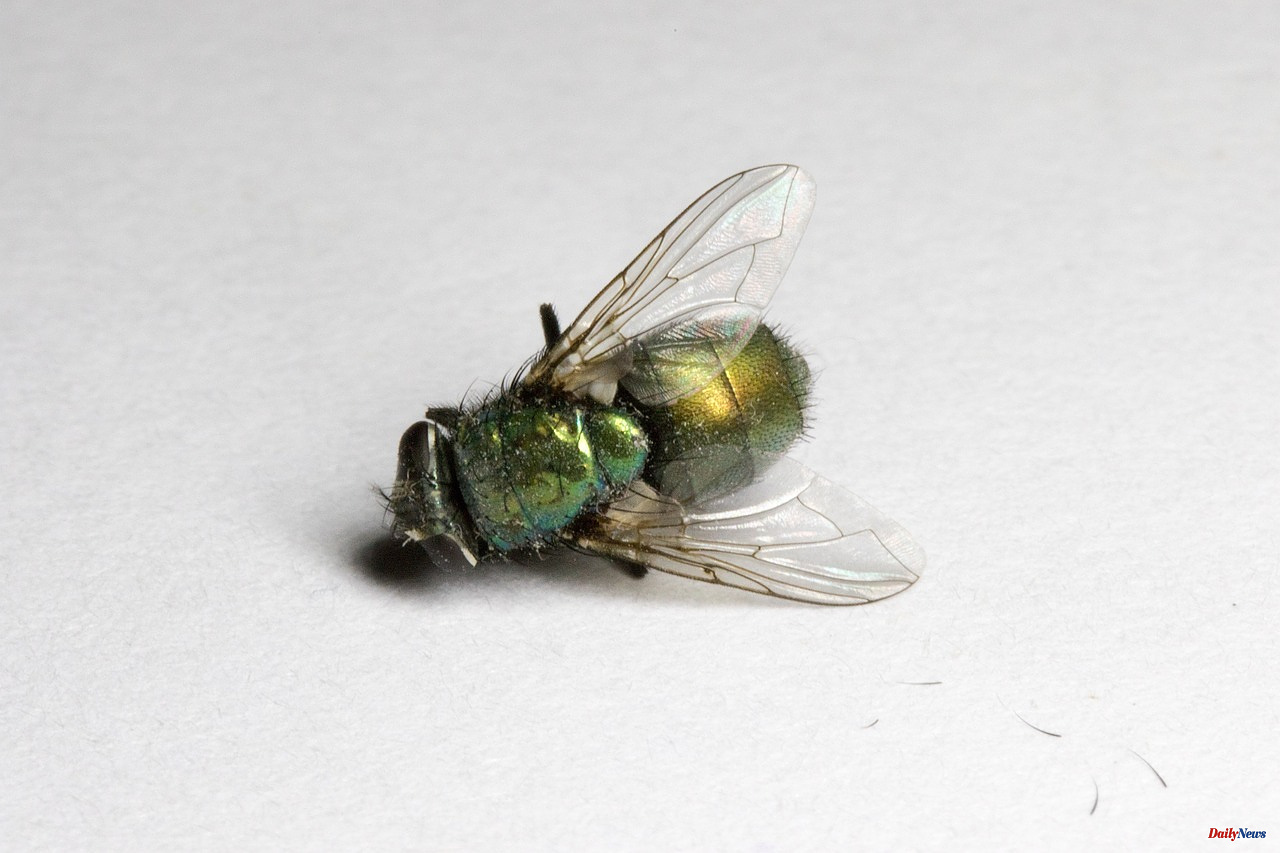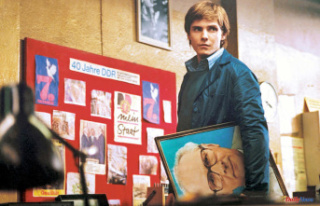As much as their function of recycling decomposing organic matter is recognized, flies are still annoying and dirty insects. And this is reflected in the extensive catalog of sayings, proverbs and phrases, which has a good handful of expressions dedicated to this diptera: ser una fly cojonera (being an annoying person); be angry (feel mistrust, be angry); flies do not enter a closed mouth (quiet you are more handsome); what fly has bitten you (what's wrong with you?); like flies to honey (to go to someone or something to take advantage)... Today we look at the meaning and origin of the phrase "dead fly" or, rather, to be or become the dead fly.
If we start by opening the digital dictionary of the Royal Spanish Academy (RAE) and look for the term mosquito, we will find as the first meaning a native bird of Sardinia (Italy), which has nothing to do with the phrase in question. Right after, the colloquial phrase "dead fly" appears, but it does so with a link to "dead fly" to make it clear that it refers to the muscid family (common fly), not to the Italian bird or to the female mosquitoes. And academics define a dead fly as "a person, apparently, of dull spirit or temper, but who does not miss the opportunity to profit."
Thus, a dead mosquito is used to describe a negative stereotype. The use of the diminutive already makes the derogatory connotation clear. If a fly is a weak, harmless and fragile being, a small fly is even more so. And we don't even talk anymore if the tiny flying insect is also breeding hollyhocks. Because who's going to suspect an insignificant lifeless fly?
However, a person who is a dead mosquito only appears innocent. Behind that false image of little is hiding someone capable of concocting Machiavellian plans in his favor, of taking advantage of a situation without ever attracting attention, keeping quiet.
Although traditionally it has been used more to point to them, sometimes with the tagline "those are the worst", the truth is that anyone can be a dead mosquito, man or woman. Be careful with Juanito, who is a dead fly.
We find great authors who have embodied this expression in their works. Like Benito Pérez Galdós, who already used the stereotype in the novel Doña Perfecta (1876): "He is like that," added the lady, "always playing the dead fly... And he knows more than the four doctors" (chapter VII). . The Canarian writer made use of the concept again a decade later in Fortunata y Jacinta (1887): "And look at the other, the dead mosquito, with her face as the Child Jesus and her reputation for virtue" (chapter XII).
At the same time as Pérez Galdós, Emilia Pardo Bazán also picked up the locution in the novel Los pazos de Ulloa (1886): "-And what does that dead mosquito say about Nucha, let's see?" (Chapter XI).
The origin of the dead mosquito is lost in time. According to the General Inventory of Insults, by Pancracio Celdrán Gomáriz, the expression is a qualifier with tradition in the Hispanic tradition. In his work published in 1995, the Murcian doctor points to the 16th century as one of the first dates in which the expression appears: "Mateo Alemán, in his Guzmán de Alfarache, (1599), writes: '...You are you the one who praised me; the dead fly, the one who played the faithful, the one I trusted my property...?'". He also cites the great Francisco de Quevedo, who in one of his poems captured: "He walked like a dead fly, stunned by features, with a sotanilla and cloak, the cardizador Onofre."
Celdrán Gomáriz points out another characteristic of the dead mosquito, the hypocrisy that it feigns until the end, "being discovered when it is too late for its victim."
According to the criteria of The Trust Project












